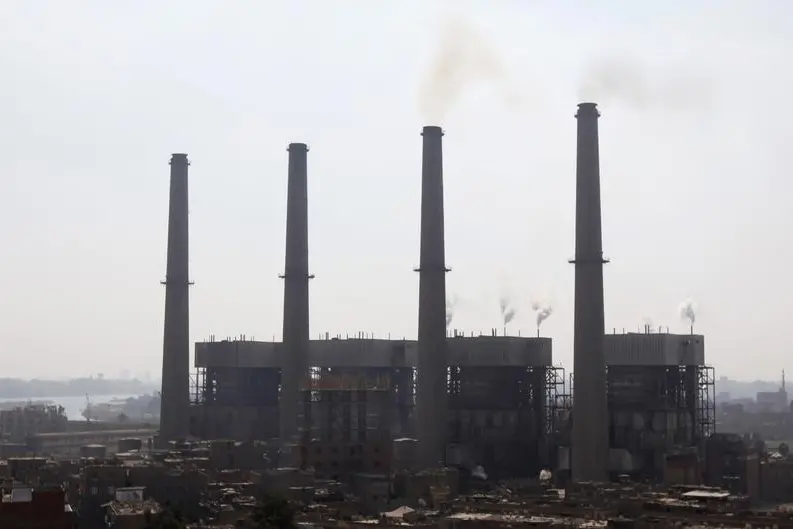PHOTO
Egypt has been recently suffering from an electricity crisis due to disruptions and shortages in natural gas supplies. This came as a result of declines in natural gas production fields and regional tensions that have affected supply from neighboring countries.
Despite becoming a natural gas exporter after the discovery of the Zohr field in 2015, Egypt has reverted to importing gas once again. Egypt heavily relies on natural gas as a source of energy, representing approximately 58% of its energy mix.
In 2023, the country’s natural gas production reached about 59.3 billion cubic meters, with 56% of it directed towards electricity generation.
The energy crisis and natural gas supply shortages in recent times have led several major industrial companies to halt their production lines, particularly in energy-intensive industries. In this Factsheet, we provide a brief overview of the most vulnerable industries to the energy supply shortages
- The industrial sector consumes around 30% of the electricity supply in Egypt on a monthly basis. Moreover, the sector consumes 25% of natural gas as feedstock in some industries.
- The fertilizers, iron and steel, and chemical industries are the top industries using natural gas as feedstock, with a share of 37%, 13%, and 8% of the total industrial natural gas consumption, respectively.
- Recently, disruptions in the natural gas supplies have led major fertilizers and petrochemicals companies to halt production. These companies included Abu Qir Fertilizers Company, MOPCO Fertilizers Company, Alexandria Fertilizers Company, and Sidi Kerir Petrochemicals Company.
- The Fertilizer industry is one of the key industries in Egypt, where production reached 12 million tons (mt) in 2023. However, it is the most affected industry by the current crisis. Production shortages are expected to push fertilizers domestic prices higher, pushing prices for agricultural products and, consequently, inflation rates higher.
- In 2023, Egypt was the world’s 10th largest fertilizers exporter, with exports worth $2.45 billion, making fertilizers the country’s second top exported products. These exports are expected to fall, leading to a drop in foreign currency inflows to Egypt.
- In 2022, Egypt produced 9.8 million tons of steel, making it the largest steel producer in Africa and the second largest in the Middle East and North Africa (MENA) region. Egypt’s exports of iron and steel reached $2.3 billion. Steel and iron industries rely on natural gas as an input, making them vulnerable to the energy crisis.
- The chemicals industry is also vulnerable to natural gas shortages that would potentially affect the sector’s exports, which reached around $4 billion in 2023.
© 2020-2023 Arab Finance For Information Technology. All Rights Reserved. Provided by SyndiGate Media Inc. (Syndigate.info).





















